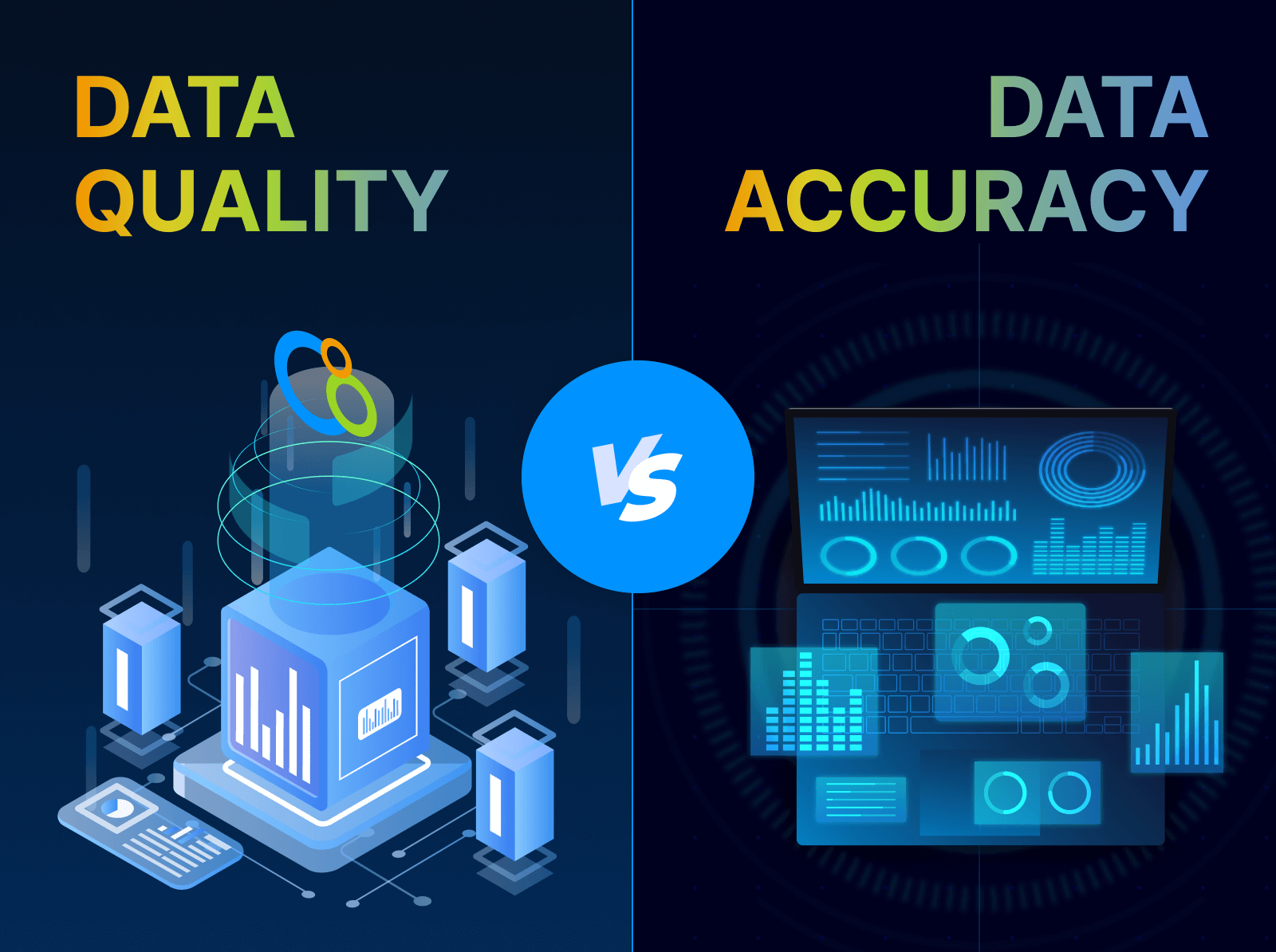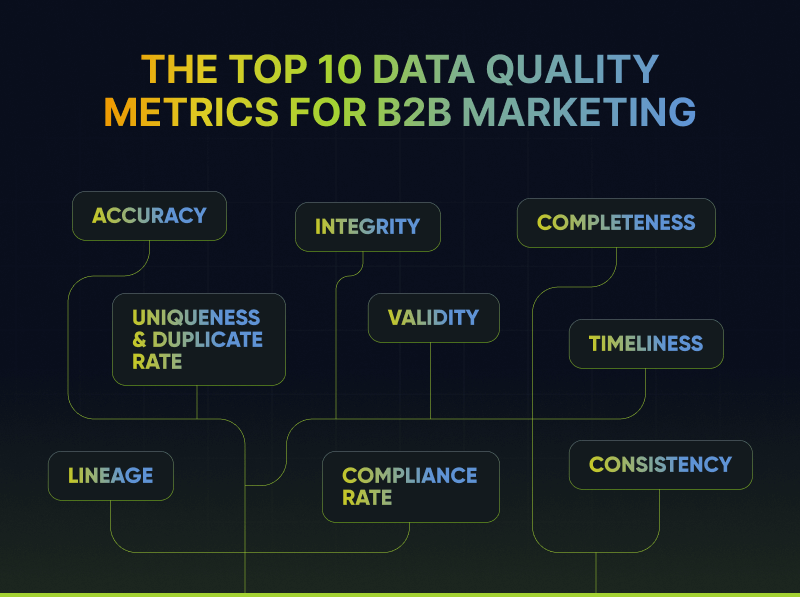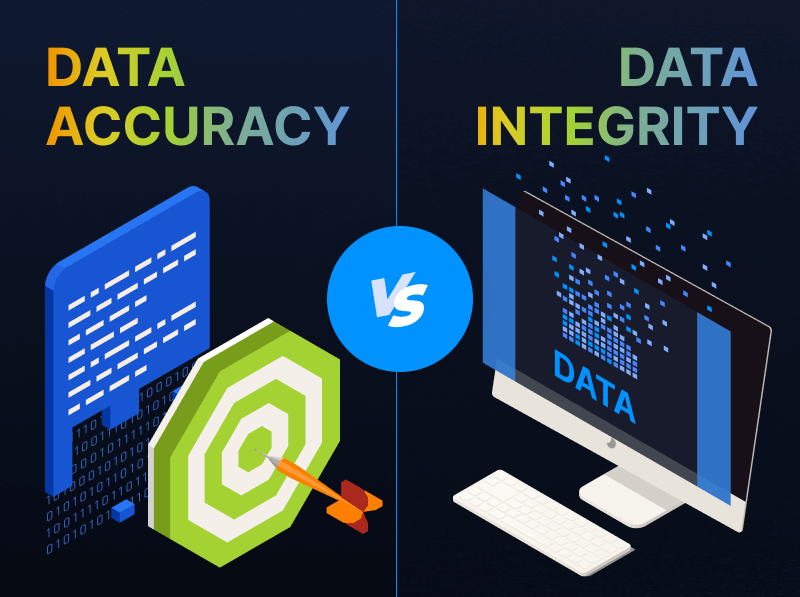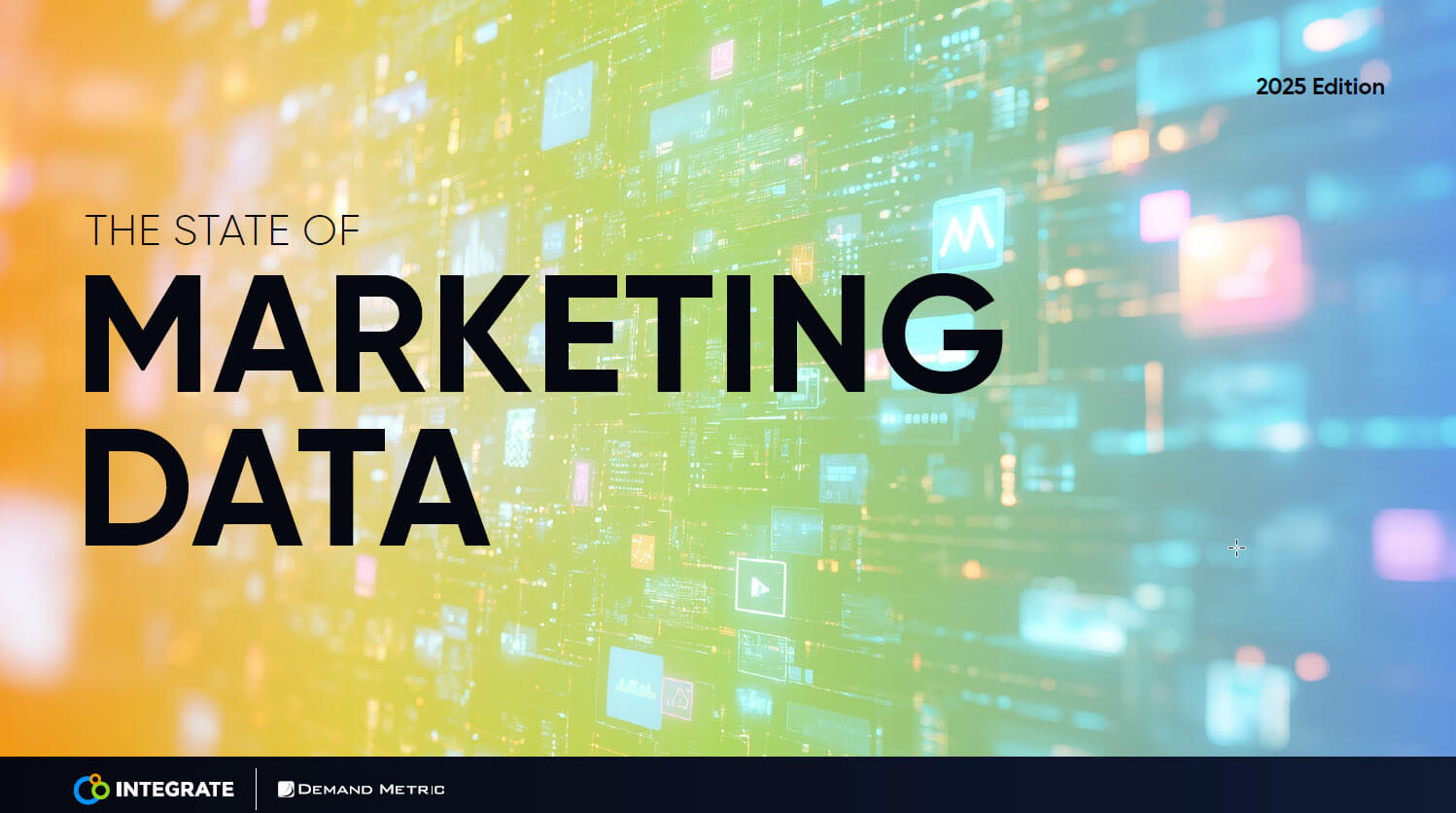Marketing’s Requirement: Precision Demand Generation
I was recently at the famed UCSF Helen Diller Family Comprehensive Cancer Center when I came across a sign over the doorway leading into my oncologist’s wing of the hospital. The sign reads: Welcome to Precision Cancer Medicine Building. I’m a breast cancer survivor and October marks the 5-year anniversary of my diagnosis. I stopped dead in my tracks and thought, “Precision. How aptly named.” Trust me, you want nothing other than complete precision when you’re dealing with cancer, and my doctors have been precise about every step of my treatment plan, a specific outcome identified at each stage.
As I was waiting for the nurse to call my name, I recalled that someone had recently said to me about their role in marketing, “I mean, it’s not like we’re curing cancer here…” And while they were certainly correct, I’m guessing that their comment, likely meant in jest, gets thrown around a lot to downplay marketing’s inability to show value or worth. Afterall, how many times have we heard the expression, “marketing is an expense” and watched the organization scale back their investment as one of the first things to go in a downturn.
Why does marketing have such a hard time showing the impact it’s having on the business? We’ve invested in teams of people and outlined all kinds of process to drive efficiency. We have more technology than ever before. We have endless channels from social media, digital display, online events, paid search, content syndication, and many others, in which to distribute our messages. Why, after all this effort, do we still struggle to answer questions like, “Marketing, we gave you $XM, what did you give us back?”
There are, of course, any number of challenges marketers face. But I would argue that our inability to get very precise about who, what, where, when and how is the root cause of our inability to have the kind of outcomes we’re looking for. And unfortunately, our failed attempts have earned us reputations as spammers and creeps, pushing prospective customers to ignore our outreach and unsubscribe from our emails. And, newsflash…it’s costing us millions. In short, marketers have a marketing problem, self-created and financed by our over-reliance and underutilization of MarTech. This must stop should we have any hope of elevating Marketing beyond cost-center status. Marketers must find a way to have as many meaningful conversations with prospects as possible and we have to do so on their terms because the rules of engagement for today’s evolved buyer requires it; not to mention that our tenure and credibility depend on it. Said simply, we must evolve with our buyer.
To that end, MarTech has made it possible, at least to an extent. Marketing automation, display ads, syndication, and lead generators, among others, have extended reach, made accessible more channels, and magnified brands. Fast-forward to today, where the average enterprise MarTech stack is comprised of a mind-blowing 91 different tools, and progress seems to be slowing. The law of physics reminds us the heavier we become the harder it is to accelerate, and marketing departments are starting to experience real drag.
The solution is exasperatingly simple – precision demand generation. We know that data-led, digital experiences are the way forward and it is our responsibility to connect with our buyer in a way that ensures the best possible experience with our brand.
At Integrate, we believe there are five simple building blocks that will help you achieve precision demand generation and provide the kind of outcomes you can be proud of. You can read more about our approach in our new eBook: Rethink Your Buyer’s Journey with Precision Demand Generation. Because while we’re not curing cancer, we do have a responsibility to drive the most precise, efficient, and effective demand generation possible.
—
Deb Wolf
Chief Marketing Officer, Integrate









